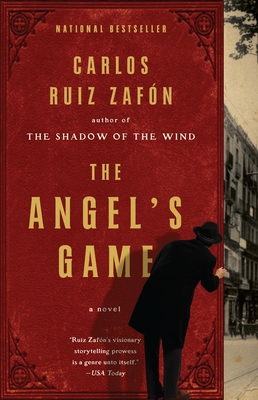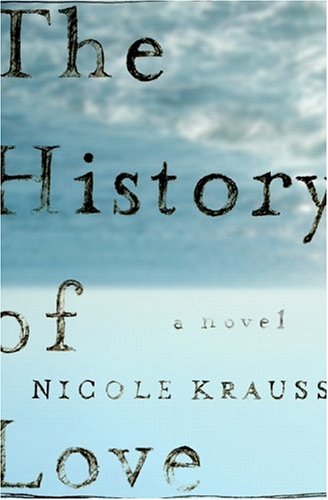It's happened to all of us: we're reading a book, something interrupts us, and we grab the closest thing at hand to mark our spot. It could be a train ticket, a letter, an advertisement, a photograph, or a four-leaf clover. Eventually the book finds its way into the world-a library, a flea market, other people's bookshelves, or to a used bookstore. But what becomes of those forgotten bookmarks? What stories could they tell?By day, Michael Popek works in his family's used bookstore. By night, he's the voyeuristic force behind www.forgottenbookmarks.com, where he shares the weird objects he has found among the stacks at his store.
Forgotten Bookmarks is a scrapbook of Popek's most interesting finds. Sure, there are actual bookmarks, but there are also pictures and ticket stubs, old recipes and notes, valentines, unsent letters, four-leaf clovers, and various sordid, heartbreaking, and bizarre keepsakes. Together this collection of lost treasures offers a glimpse into other readers' lives that they never intended for us to see.
I have been following Michael Popek's blog Forgotten Bookmarks for well over two years now and I was delighted to have won a Friday giveaway a few weeks back in which Michael gave book titles that had been featured on his blog (and in his book), as well as a signed copy of his book. A week or so later I recieved a box of books that contained the following: Not only was I excited to have won some of the same editions that I had seen featured on the blog, but I was also happy that Michael Popek had included a copy of his own book, which I had had my eye on ever since it was featured on NPR's Book Seller's Picks of the year's freshest reads. If you follow the blog Forgotten Bookmarks, you'll find the book to be quite similar in content, but even better because it's in book format.
If you've ever read a used book and found something stuck between the pages, left behind from a past reader, and felt a jolt of curiosity, even excitement, then you'll enjoy this book. There are chapters that include, among others, "Photographs," "Letters, Cards, and Correspondence," and" The Old Curiosity Shop: From Four-Leaf Clovers to Razor Blades." Popek explains his love of forgotten bookmarks in the introduction of the book, including several anecdotes describing the first few memorable pieces of ephemera he came across as a used bookseller:
One day, I came across a copy of a fairly common microwave cookbook - the sort of published by the appliance manufacturer to make a few extra dollars. By then, it was habit for me to flip through the pages looking for a lost treasure, and this book didn't disappoint. Near the end of the book, I spread the pages to discover a very large marijuana leaf, dried and pressed and in perfect condition. There was something about a pot leaf stuck inside this hurry-up cookbook that sent me into hysterics. I had visions of the impatient stoner, desperate with hunger, reaching for the book and marking a recipe with the item closest at hand.
Some of the "bookmarks" featured are funny, some angry, some sad, but all interesting. Even better, I found a treat inside the pages of Popek's book itself. He was kind enough to include one of the original forgotten bookmarks that he featured in his book. It is pictured on page 93 and was found in Zen and the Art of Motorcycle Maintenance by Robert M. Pirsig, published by William Morrow and Company, 1974. (I also received a copy of this book in the prize pack.) I was delighted to find this forgotten bookmark and share some of the excitement that Popek experiences when he finds other forgotten bookmarks.

All in all, this book was a delight to read. Popek keeps the commentary to a minimum throughout, explaining that he would rather present the "material in this book more like a museum curator than a critic." I found that Forgotten Bookmarks speaks to the importance of physical books, as keepsakes and depositories, highlighting a time before ereaders, even before emails, when writing letters and developing film were the norm. For me it evoked an odd sense of nostalgia for a time that I barely got to experience for myself. It really is a testament to books and the unique ways reading can bring us together.
Publisher: Perigee Trade, 2011



















